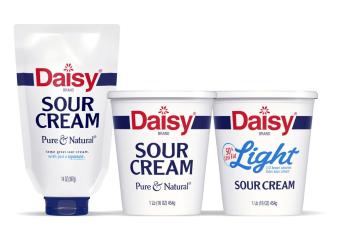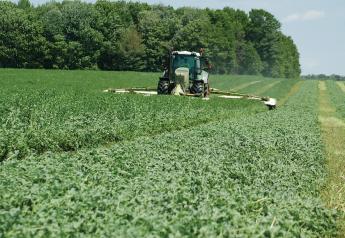Dairy producers can assess their risk for a violative antibiotic residue in milk and meat by using a new online tool from Pfizer Animal Health. The short, 10-question self-assessment takes only a few minutes to complete and can be found by following this link.
“This assessment is designed to help producers evaluate their management practices that could lead to a higher risk of a residue violation,” says Mike Lormore, DVM, MS, MBA, director, Dairy Technical Services, Pfizer Animal Health. “We hope the individual results of the assessment will serve as a trigger for producers to have a serious conversation with a veterinarian about protocol design and records management, so they can ensure their risk of a violative drug residue is as low as possible.”
The assessment tool — created using data from actual Federal Drug Administration (FDA) investigations into residue violations — asks question about a producer’s on-farm animal health practices. A weighted scoring system assigns points to practices based on their likelihood of contributing to a higher risk of a residue violation. Once completed, the assessment rates the farm’s residue risk level as low, moderate or high. Results can be printed or emailed to the herd veterinarian.
“While the U.S. agricultural industry produces the safest food in the world, there are still steps the dairy industry can take to reduce the rate of violative residues, particularly in cull dairy cattle,” Dr. Lormore says. “The online residue risk assessment is an educational tool for producers to use with their veterinarians to help ensure pharmaceuticals are being used properly while also protecting the food supply.”
This tool is another part of Pfizer Animal Health’s continued commitment to responsible antibiotic use as well as milk and meat drug residue avoidance. To take the evaluation, log on to
www.AvoidResidues.com, where visitors also will find thought-provoking, action-oriented videos about the causes of violative drug residues and tips for getting started on a drug residue prevention plan.
Pfizer Animal Health, a business of Pfizer Inc., is a world leader in discovering and developing innovative animal vaccines and prescription medicines, investing an estimated $300 million annually in animal health product research and development. For more information about how Pfizer Animal Health works to ensure a safe, sustainable global food supply from healthy livestock and poultry; or helps companion animals and horses to live longer, healthier lives, visit
www.PfizerAH.com.








